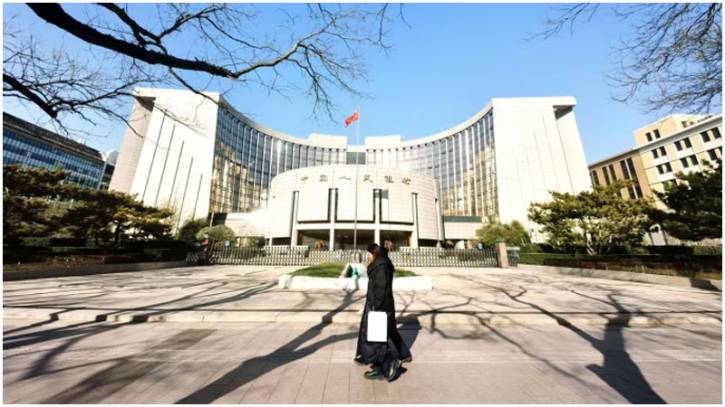Chinese tech giants suspend stablecoin initiatives after Beijing's intervention

Chinese technology giants have suspended their plans to launch stablecoins in Hong Kong following directives from Beijing, which expressed concerns over private companies issuing currencies outside state control.
Firms such as Ant Group, backed by Alibaba, and e-commerce conglomerate JD.com had previously announced intentions to participate in Hong Kong’s pilot stablecoin program and explore other virtual asset-backed products, including tokenised bonds. However, sources familiar with the matter said both companies have paused these initiatives after receiving instructions from Chinese regulators — including the People’s Bank of China (PBoC) and the Cyberspace Administration of China (CAC) — to halt progress.
Officials at the PBoC reportedly advised against taking part in the pilot rollout due to worries about private entities and brokerages issuing currency-like instruments. According to individuals briefed on the discussions, the central bank views private stablecoins as a potential challenge to its own digital currency project, the e-CNY.
“The core concern is about who ultimately holds the right to issue currency — the central bank or private firms,” one person familiar with the regulators’ thinking said.
Stablecoins, which are digital assets pegged to fiat currencies such as the US dollar, play a crucial role in the cryptocurrency ecosystem by facilitating trading and transfers. Yet, their growing popularity has prompted regulators worldwide to scrutinize their potential risks to financial stability and monetary sovereignty.
Chinese regulators’ stance mirrors global unease. The European Central Bank has warned that the widespread use of dollar-backed stablecoins could undermine monetary policy in the eurozone. Meanwhile, the Trump administration in the US had previously championed stablecoins as tools to strengthen the dollar’s dominance in digital finance.
Hong Kong, which began accepting applications for stablecoin issuers in August through its de facto central bank, the Hong Kong Monetary Authority (HKMA), has positioned itself as a testing ground for such innovations. Interest in the program surged over the summer, with some Chinese policymakers viewing it as an opportunity to promote the yuan’s internationalization through a renminbi-backed stablecoin.
Former vice finance minister Zhu Guangyao argued earlier this year that Washington’s promotion of stablecoins aims to preserve dollar supremacy and that China must develop its own digital alternative tied to the renminbi. “We should make full use of Hong Kong’s pilot programs,” Zhu said in June, calling for the yuan-based stablecoin to be part of China’s long-term financial strategy.
However, regulators appear to have adopted a more cautious stance following comments by former PBoC governor Zhou Xiaochuan in late August. Speaking at the China Finance 40 Forum in Beijing, Zhou warned of systemic risks from stablecoin overuse in speculative trading.
“We need to be cautious about stablecoins being misused for speculation, which could lead to fraud and instability in the financial system,” Zhou said. He also questioned whether stablecoins truly offer significant efficiency gains in payments, suggesting that “retail payment systems already operate at low cost.”
Neither the PBoC nor the CAC commented on the matter. The HKMA said it does not respond to market speculation, while Ant Group and JD.com did not issue statements.
.png)




